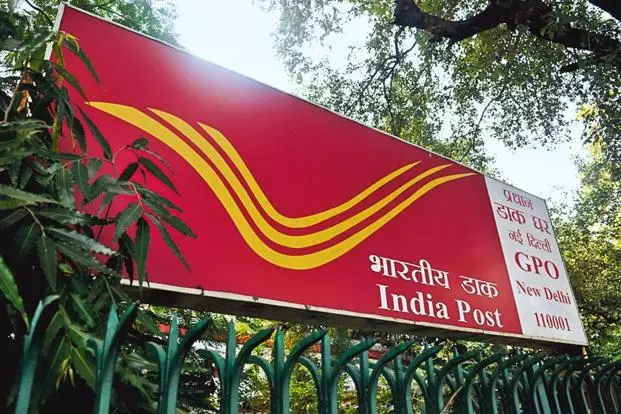
India Post abolishes Book Post service, leaves readers, publishers shocked
Abrupt decision raises shipping costs, threatens reading culture, and results in criticism over its impact on education and knowledge dissemination

India Post has officially stopped its 'Book Post' service in a decision that has shocked book lovers and the publishing industry alike.
The service was created to promote education and reading habits. It allowed books to be shipped at very low rates. Sending five kilograms of books cost just Rs 80 – a rate that no courier service could match.
India Post’s massive network also ensured quick deliveries with parcels often reaching destinations within a week across the country. Within cities, delivery was sometimes done the next day.
While the government provided these low rates to encourage reading, book, magazines, and periodicals all benefited.
Also Read: India Post celebrates Mysuru's 'hidden heritage' for World Heritage Day
Removed without warning
However, reports said that the service was suddenly removed on Wednesday (18 December) without any prior warning. Stakeholders were not consulted. Even postal employees were caught off guard. At midnight, the RBP category vanished from the postal software. Customers were shocked to learn it was no longer available.
This decision has hurt the publishing industry. Shipping costs have now surged. Many readers hesitate to pay Rs 78 postage for a Rs 100 book. The move risks damaging India’s already weak reading culture.
The cost difference is huge. Sending one kilogram via RBP used to cost Rs 32. Now, it costs Rs 78 under 'Registered Parcel'. A five-kilogram package that was Rs 80 is now Rs 229.
Also Read: Move to etch Covid battle in history through memorial, postal cover
5% tax on sample books
The government also introduced a 5 per cent duty on sample books. Foreign publishers often send complimentary translations. These are now taxed for the first time. Industry experts say while taxing commercial book imports may make sense, imposing levy on non-commercial samples seems unfair and counterproductive.
Critics say this is another arbitrary decision by the government which puts literacy and education efforts on the backburner.

